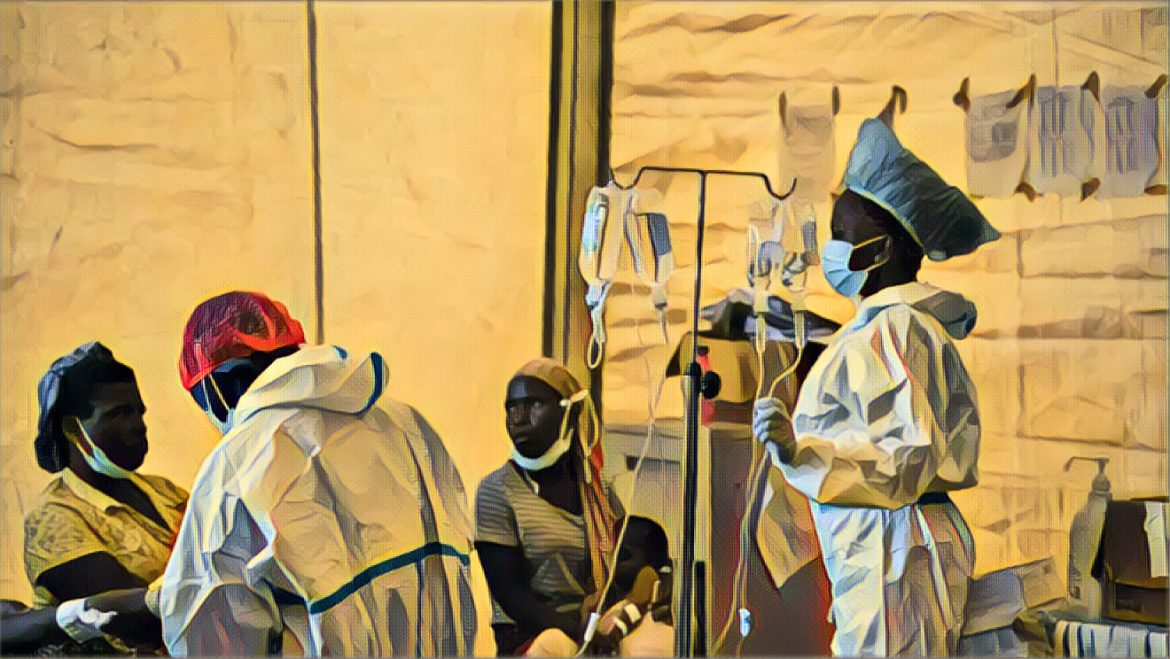Harare, the capital city of Zimbabwe, is facing a cholera outbreak that has killed dozens of people and infected thousands more. The city authorities have declared a state of emergency and blamed themselves for the crisis, citing poor water and sanitation services.
Cholera is a bacterial infection that causes severe diarrhoea and dehydration. It can be fatal if not treated quickly with oral rehydration solution or intravenous fluids. Cholera is spread by consuming contaminated food or water, or by contact with infected people or their faeces.
The outbreak in Harare started in early November and has since spread to other parts of the country, including rural areas where health facilities are scarce. According to the Ministry of Health and Child Care, as of 24 November, there have been 8,500 suspected cases, 163 confirmed cases, and 50 deaths. The case fatality rate is 0.6%, which is lower than the 4% recorded in the 2008 outbreak that killed over 4,000 people.
The city officials have admitted that they are responsible for the outbreak, as they have failed to provide adequate water treatment chemicals, maintain sewer systems, and collect garbage. They have also acknowledged that they have not enforced public health regulations, such as banning street vending and public gatherings.
The government has promised to supply water treatment chemicals and deploy health workers to contain the outbreak, but it faces challenges of limited resources, economic crisis, and political instability. The government has also appealed for international assistance and received support from the World Health Organization, the United Nations Children’s Fund, and other humanitarian agencies.
The residents of Harare have expressed anger and frustration over the outbreak and accused the government of neglect and corruption. Some have resorted to digging wells, buying bottled water, or boiling water to avoid infection. Others have sought traditional healers or faith healers for protection or cure.
The outbreak has also raised concerns about the impact of climate change on water availability and quality, as Zimbabwe has experienced recurrent droughts and floods in recent years. Experts have warned that climate change could increase the risk of waterborne diseases, such as cholera, and urged the government to invest in climate-resilient infrastructure and policies.
The cholera outbreak in Harare is a reminder of the need for improved water and sanitation services, as well as public health education and awareness, to prevent and control such diseases. It is also a call for solidarity and cooperation among the government, the civil society, and the international community, to address the underlying causes of the outbreak and to support the affected people. Despite the challenges, there is hope that the outbreak can be contained and that lessons can be learned for the future.
Source: NewsDay Zimbabwe


